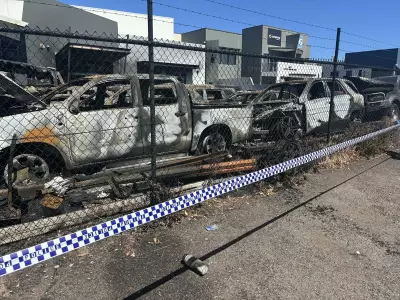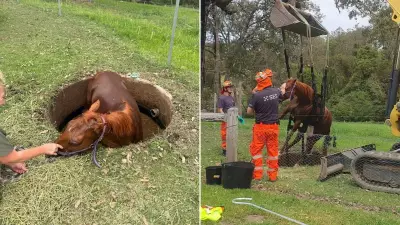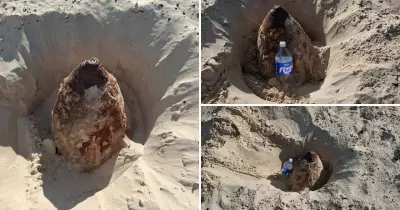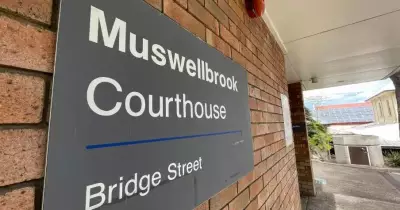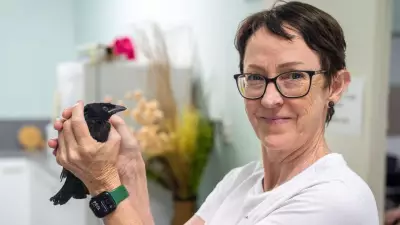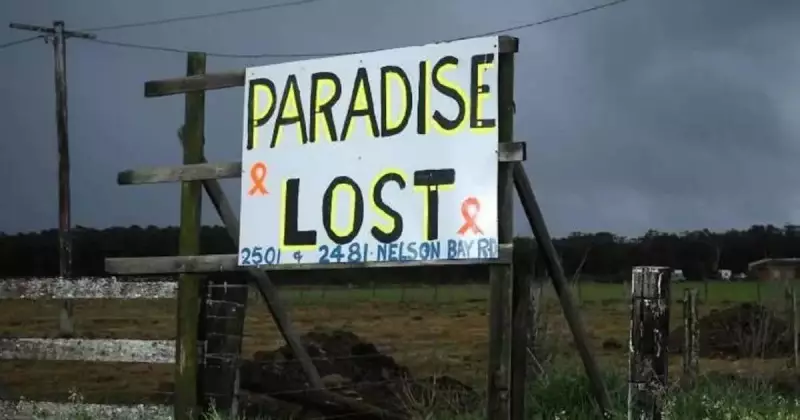
Community Takes Charge in PFAS Battle
Residents living in Williamtown's RED Zone have gained a powerful new voice in the fight against PFAS contamination with the establishment of the Williamtown Working Group. This landmark initiative represents the first community-based group formed under Australia's PFAS National Coordinating Body, marking a significant step forward in addressing the environmental crisis that has plagued Hunter communities for nearly a decade.
Practical Solutions Through Local Collaboration
The working group brings together a diverse range of stakeholders, including community representatives Lindsay Clout, Justin Hamilton, Susan Hirsch, Graeme Boyd, Meryl Swanson, Kate Washington, Leah Anderson and John Maretich. They will collaborate with officials from federal and state governments, Port Stephens Council and the Worimi Local Aboriginal Land Council.
Assistant Defence Minister Peter Khalil praised the establishment of the group as "a practical step forward in delivering local solutions for those impacted by PFAS contamination here in Williamtown." He specifically commended community members who volunteered to contribute to this critical work.
The WWG will focus on implementing recommendations from the Independent PFAS Review, which examined land uses around key Defence bases affected by the contamination. Their initial priorities include developing a comprehensive whole-of-catchment flood action plan to improve drainage management in areas south of RAAF Base Williamtown.
National Framework with Local Focus
While the Williamtown Working Group drives local initiatives, the PFAS National Coordinating Body will maintain oversight and advance the national approach to combatting PFAS contamination. This dual-level engagement ensures both immediate local action and coordinated national strategy.
Federal Paterson MP Meryl Swanson emphasized the collaborative nature of the initiative, stating "This is about bringing everyone to the table - residents, the Worimi people, all levels of government - to make sure we're working together on real solutions for Williamtown and the surrounding areas."
The working group, which meets for the first time on Thursday, 20 November 2025, will serve as a pilot program. Its structure and processes will inform similar groups planned for PFAS-affected communities in the Northern Territory and Queensland.
The Department of Defence has already invested more than $100 million in recent years to remediate PFAS hotspots created by historical use of firefighting chemicals at the base.
Port Stephens MP Kate Washington expressed gratitude to local residents participating in the working group, acknowledging that families have been "stuck in this PFAS nightmare for far too long." She reaffirmed the Minns Labor government's commitment to working with Commonwealth authorities to achieve meaningful outcomes for the community.


